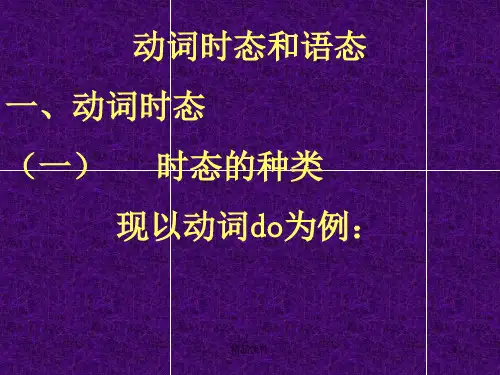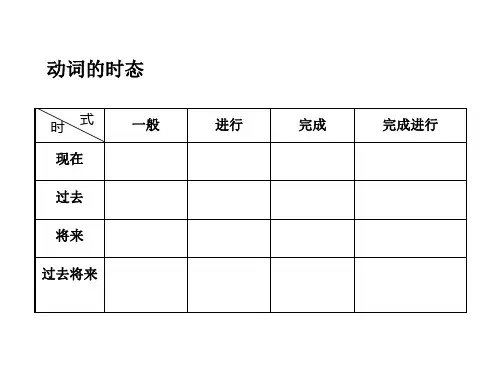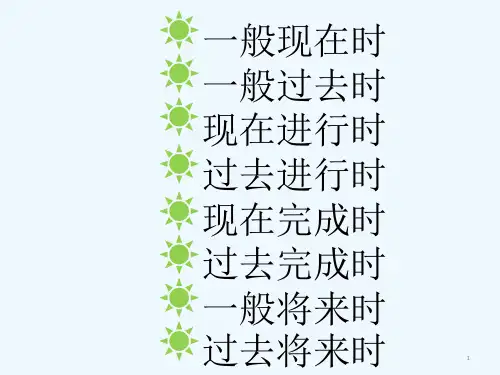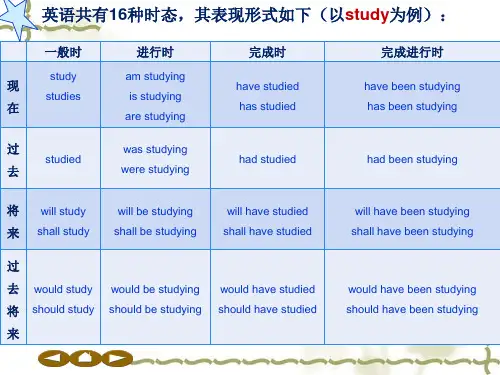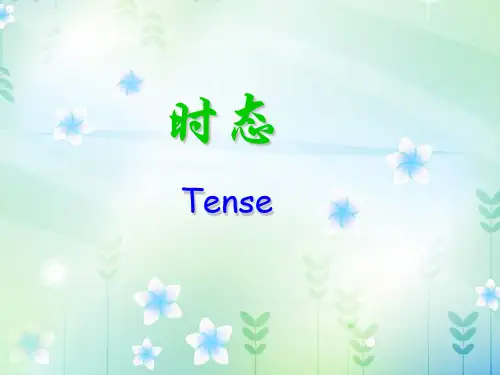3
什么情况下用?
4
①表示经常或习惯性的动作或存在 的状态。 ②表示主语通常的能力、 兴趣爱好、和性格特征。 ③表示客 观的事实或真理。 ④表示按照时刻 表或已经计划安排好的将来行为。
(只限于是go, come, leave, arrive, begin, start, take off, stop, be等表示开始或移动 意义的词。) ⑤在时间状语从句和 条件状语从句中,主句用一般将来 时(will+动词原形),从句中用一
11. He won’t come to the party unless he _____ (be, will be, am, is, are) invited.
12. I’ll wait here until my mother ____ (come, comes, will come) back. 13. Please return the book to the library as soon as you ______ (finish, finishes, will finish) reading it. 14. Once you _____ (see, sees, will see) him, you will never forget him. 10
般现在时表将来。 (主将从现)
5
当主语是第三人称 时,谓语动词要用 第三人称单数形式, 加-s/es。除此之 外都用动词原形。
6
动词第三人称单数 形式变化规则
7
8
1. He______ (be, am, is, are) a teacher at No. 2 Middle School.
2. He______ (have, has) classes in the afternoon. 3. He______ (get, gets) up at half past six every morning.
